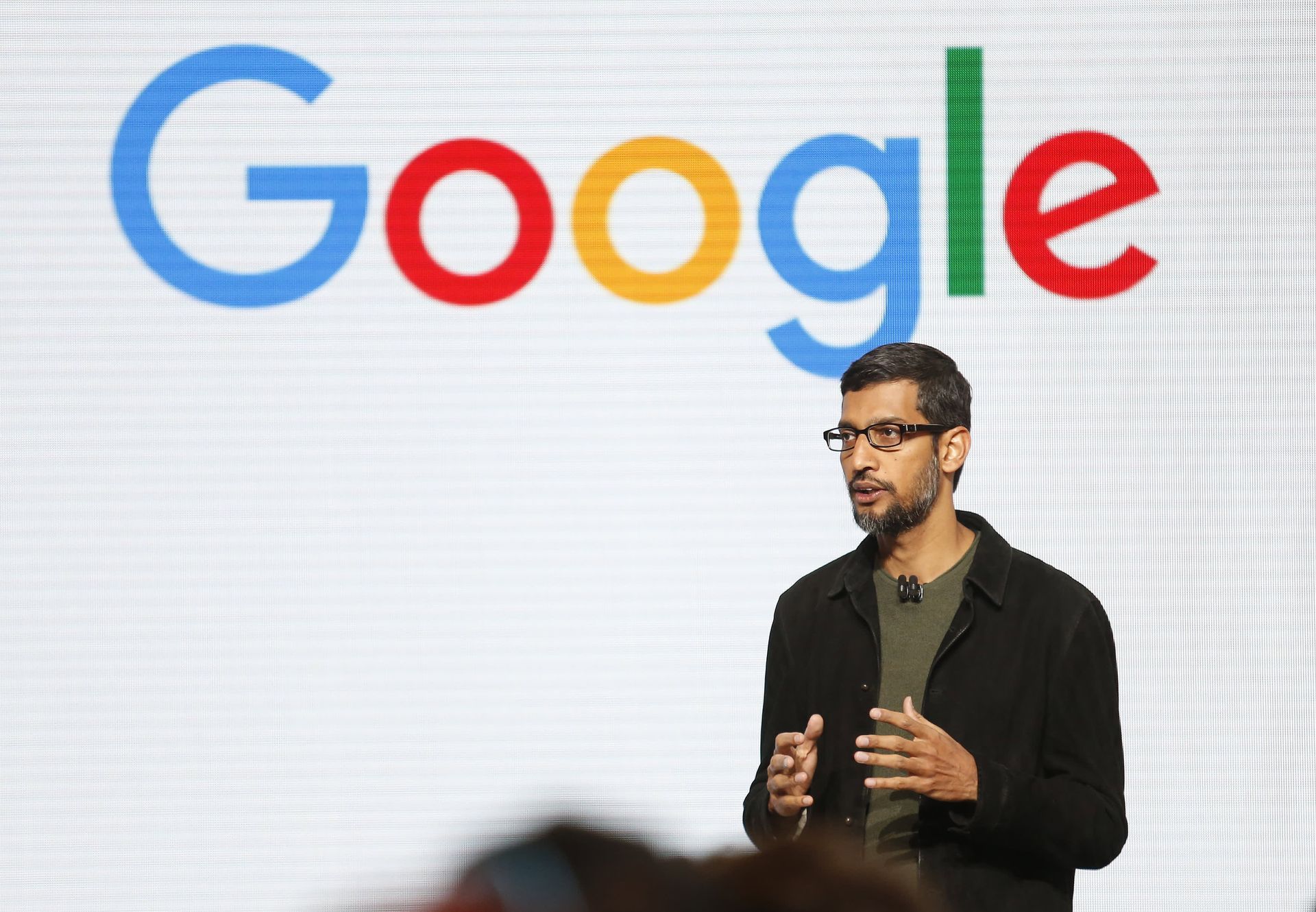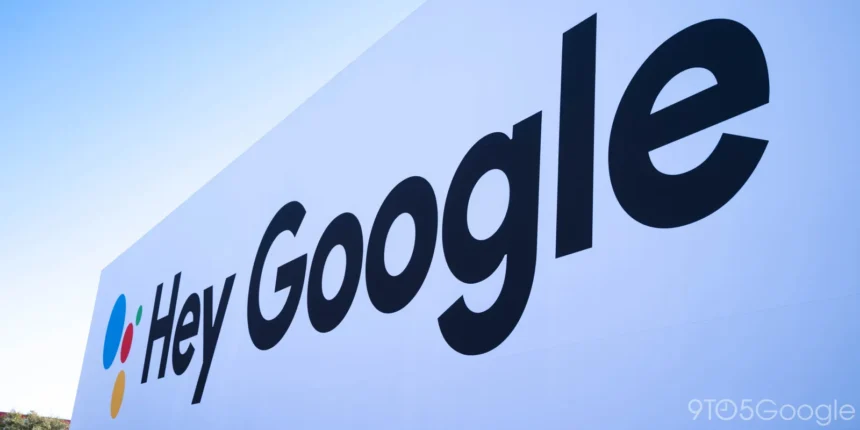In a significant move, 32 European media groups, including prominent names like Axel Springer and Schibsted, have filed a €2.1 billion lawsuit against Google. The lawsuit alleges that the tech giant’s practices in the digital advertising market have resulted in substantial financial losses for the media companies.
The crux of the argument lies in Google’s dominant position within the digital advertising landscape. The media groups claim that Google, through its various platforms and services, exerts undue influence over the entire ecosystem, from ad buying to ad selling. This alleged dominance, they argue, stifles competition and ultimately harms media companies in several ways.
The media groups are seeking €2.1 billion in damages to compensate for the alleged losses they have incurred. They point to previous regulatory actions against Google as evidence to support their claims. In 2021, the French competition authority fined Google €220 million for similar concerns regarding its ad tech practices. Additionally, the European Commission has also charged Google with antitrust violations in the digital advertising market.
This lawsuit is the latest development in a growing trend of scrutiny surrounding the power and influence of large technology companies. Regulators and lawmakers worldwide are increasingly concerned about the potential anti-competitive practices of these companies and the impact they have on various industries, including media.
Google, on the other hand, has denied the allegations, stating that its practices are fair and comply with all relevant regulations. The company argues that its technology and services help media companies reach wider audiences and generate revenue. Google also emphasizes its commitment to a healthy and competitive digital advertising ecosystem.

The outcome of this lawsuit remains to be seen. However, it is likely to have significant implications for the future of the digital advertising landscape in Europe. If the media groups succeed, it could lead to stricter regulations for Google and other tech giants in the market. This, in turn, could create a more level playing field for all participants and potentially benefit the long-term health and sustainability of the European media sector.



